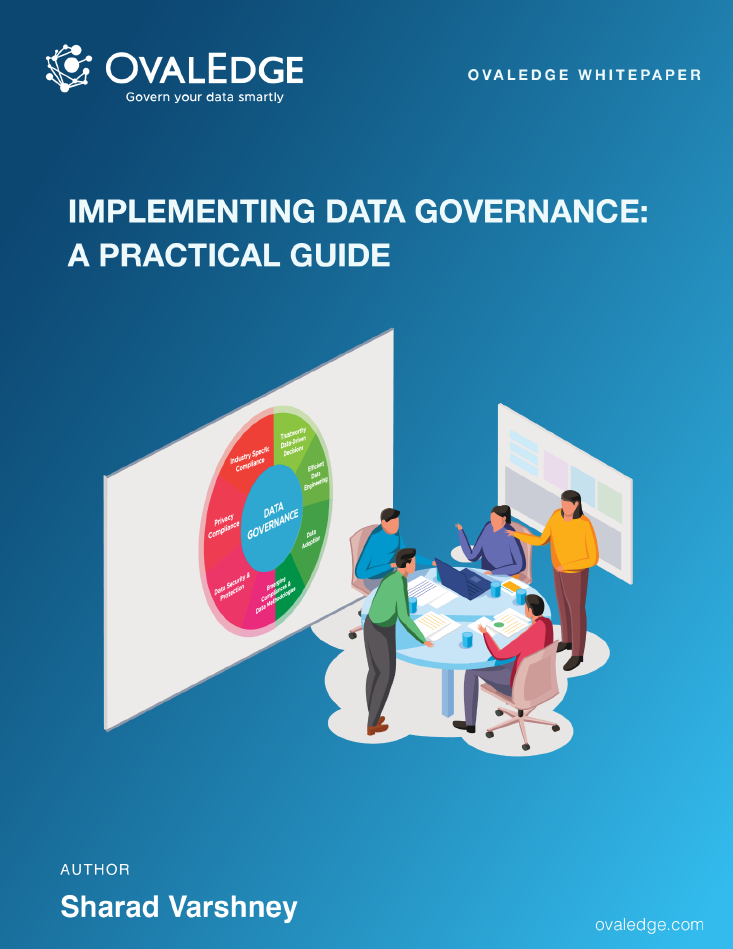
As the dependence on reliable data for driving business decision-making rises, the need for effective data management and security processes are becoming increasingly important.
To ensure the value of data is maximised, data leaders are now turning to data governance strategies, including changes to internal processes and/or investing in a governance solution, to ensure their data is accessible, trustworthy and of high quality.
But before you go off and change every data-related process in your organisation in an attempt to improve your data governance, you must first understand the common challenges to effectively putting these processes in place:
Organisations often have complex data ecosystems with data stored across different systems, departments, and even geographical locations, creating disparate data which can be challenging to coordinate and govern.
Many employees may not understand the importance of data governance or may lack the necessary skills to implement it effectively. Data governance requires a level of data literacy among employees to ensure compliance and proper data handling.
Implementing data governance often requires changes to existing processes, policies, and workflows. Employees who are opposed to change and would prefer to continue operating with processes they are familiar with can significantly impact the implementation process.
Implementing data governance requires dedicated resources including personnel, technology, and budget which organisations may struggle to allocate amidst competing priorities.
Data governance efforts can be hindered by organisational silos and fragmentation, where different departments or teams have their own data management practices and may be reluctant to collaborate or share data.
Compliance with data protection regulations such as GDPR, CCPA, HIPAA, etc., adds complexity to data governance initiatives. Ensuring compliance across different jurisdictions and keeping up with evolving regulations can be difficult.
Incomplete, inaccurate, or inconsistent data can lead to incorrect insights and decisions, making it challenging to establish trust in the data governance process.
Organisational culture plays a significant role in the success of data governance initiatives. A culture that prioritizes data-driven decision-making and values data integrity is essential for effective implementation.
Without strong support and sponsorship from senior leadership, data governance initiatives may struggle to gain traction. Executive buy-in is crucial for securing resources, setting priorities, and driving organisational change.
Implementing data governance often involves leveraging technology solutions such as data governance tools, data catalogs, and metadata management systems. However, selecting and implementing the right technology can be challenging, and organisations may face compatibility issues with existing systems.
Tridant specialises in helping organisations evaluate and implement data governance solutions, recommending tools such as OvalEdge for organisations seeking a mature, multi-faceted offering, and Microsoft Purview for those looking for a simpler, Microsoft-centric approach to their data governance outcomes.
Download this free guide to understand what data governance is, why you need it, and how to implement it at a pace that matches your digital transformation strategy.


Copyright © Tridant Pty Ltd.